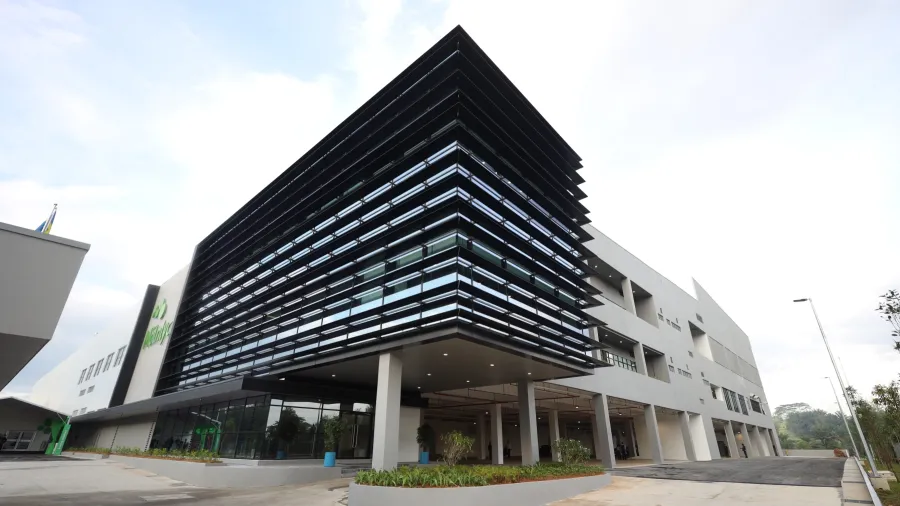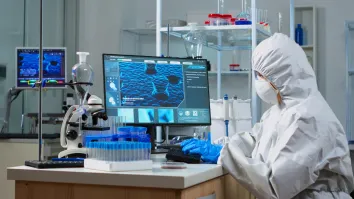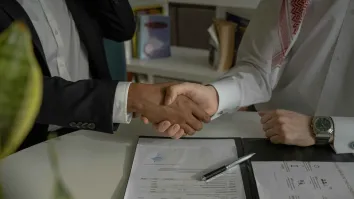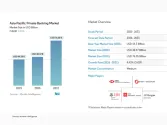
Mölnlycke’s step towards a strategic sustainability roadmap
The company built a new surgical glove plant that utilises Veolia’s wastewater treatment technology.
World-leading medical products and solutions company Mölnlycke has opened a new surgical glove plant in Kulim Hi-Tech Park, Kedah as part of its strategic sustainability roadmap to meet the healthcare manufacturing industry's increasing demands.
The glove plant, which has a land area of 29,164 sq. m. and a building footprint of 14,620 sq. m. is fully equipped with a cutting-edge automated glove production and packaging line. Currently, the site can produce 50 million pairs of surgical gloves. This will substantially increase to 200 million pairs at full capacity by 2026.
It is expected to increase production capacity to meet future demand for high-quality surgical gloves and to create some 400 new job opportunities within Malaysia.
Mölnlycke has made an investment of close to EUR 50 million in the land, construction, and equipment with the opening of the site in Kulim.
Acknowledging that the manufacturing process of surgical gloves is resource-intensive, Mölnlycke has partnered with Engie and Veolia Water Technologies (Veolia) to implement the best-in-class sustainable energy and water/wastewater treatment solutions at the new plant.
ENGIE will be supplying the plant with its energy source by installing solar panels to power the manufacturing production and operations, whilst Veolia will be assisting in improving the plant’s water and wastewater management.
The new plant in Kulim is equipped with Veolia’s solutions that are expected to achieve a circular economy and reduce waste in the manufacturing processes, as well as recycle and reuse process water both on-site and via third parties.
It is equipped with water and wastewater technologies such as clarification, moving bed biofilm reactor, multimedia filtration, UV sterilisation, and chemical dosing, amongst others.
The company helps Mölnlycke reduce its water footprint whilst generating considerable energy and chemical consumption savings by optimising its water cycle and performance monitoring.
To do so, Veolia had to study every process in the glove manufacturing facility, collecting information on each and every step of the wastewater generated. Veolia then segregated the wastewater into different streams for more targeted and efficient treatment processes to be carried out.
Looking into Veolia’s solutions for the healthcare sector
Veolia Water Technologies’ Asia Pacific Director for Development & Multi-National Companies, Florent Puybaret mentioned that in some segments of the healthcare sector, there may be regulations prohibiting the reuse of water in the production processes, such as in the manufacturing of pharmaceutical products. However, treated water can still be used for non-potable purposes such as flushing, landscape irrigation, etc.
Apart from solutions for water reclamation and reuse, Veolia has a myriad of technologies that are installed at hospitals across the Asia Pacific to support these institutions in safeguarding the health and safety of stakeholders. In fact, one example of this was how the Veolia team in China continued to provide dedicated services to ensure treated water supply in the hospitals treating COVID-19 patients in Wuhan at the peak of the COVID-19 pandemic.
Amongst the solutions that Veolia offers for hospitals and laboratories is the CENTRA™, a centralised laboratory water purification, storage and distribution system packaged into a single unit. It is available as two systems: a centralised distribution or a centralised purification and distribution.
Its compact design provides flexible installation options for both new buildings and refurbishments, and a small footprint means it can be placed closer to the laboratory, avoiding costly and unnecessary pipework and overcoming the limitations of traditional central water purification systems.
Another product that Veolia offers is the Ionpro™ LX system, a solution that helps in the production of purified water with low microbiological levels. It combines the technologies of reverse osmosis and electro-deionisation. It also allows for intuitive and easy handling, as well as includes process information, performance calculations, warnings, and alarms.
Beyond the water business, Veolia also manages hazardous waste coming from hospitals.
Veolia Water Technologies’ Country Director for Malaysia, Olivier Estienne, also noted that Veolia’s solutions can help clients reach their sustainability targets and goals. The company’s solutions for evaporation allow clients to achieve zero wastewater discharge. The recycled water recirculates inside the building for non-potable purposes.
He added that the company takes future needs into consideration when designing its water and wastewater solutions for clients, including workarounds to overcome space constraints and for existing systems that are not movable, as well as solutions to help them achieve their ESG goals.
“We have both the technology and technical expertise to be able to advise our customers on how to look forward into the future in terms of how they approach the planning,” he concluded.

















 Advertise
Advertise




